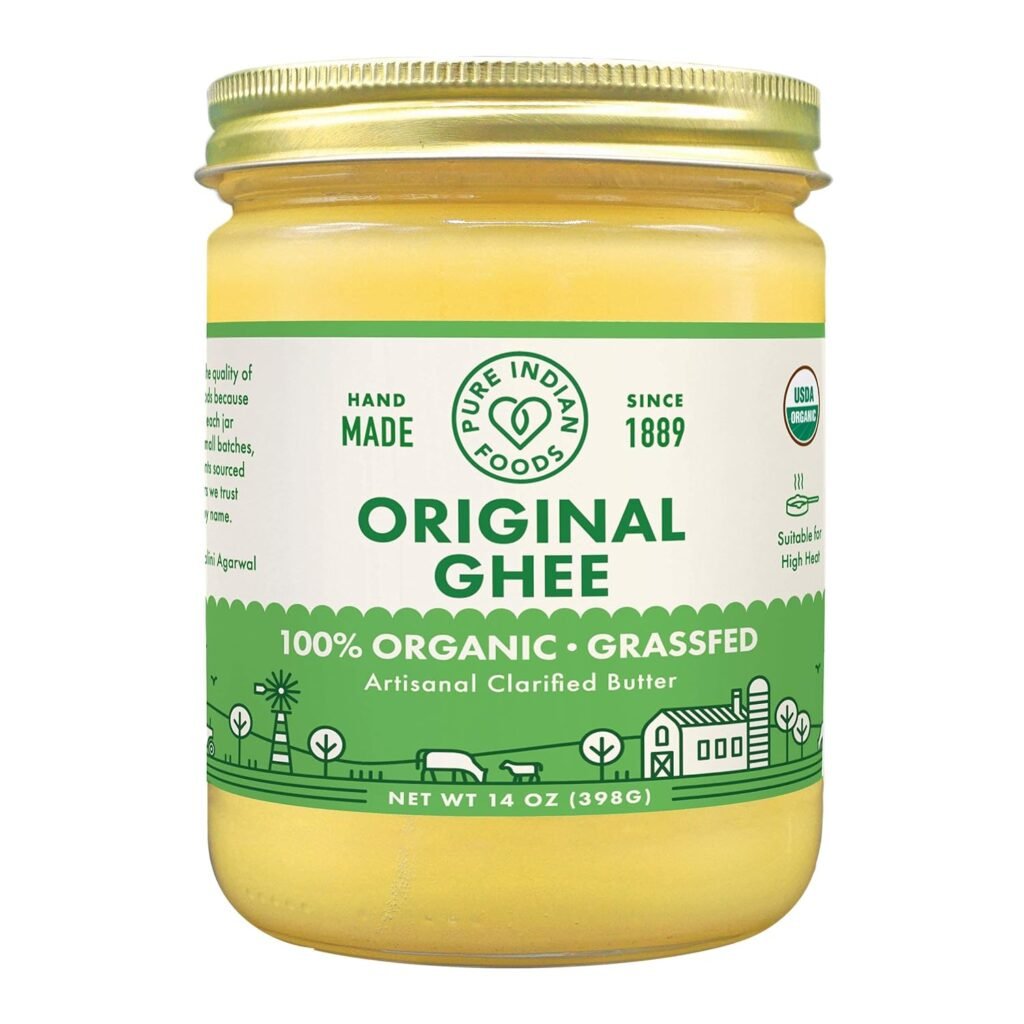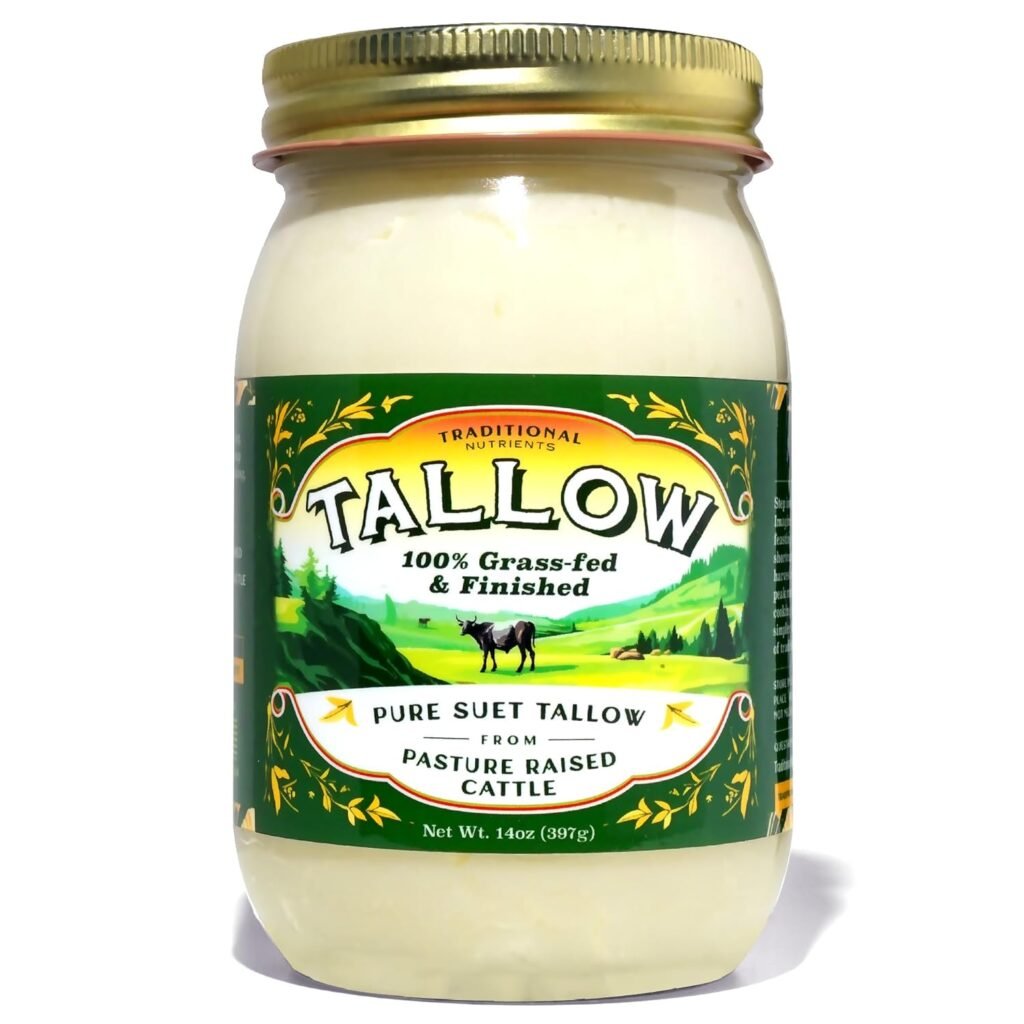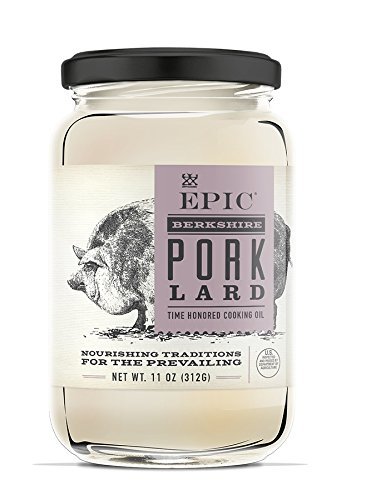
Animal fats are essential in the carnivore diet, providing vital nutrients and health benefits. They are rich in fat-soluble vitamins, serve as a primary energy source, and support hormone production and brain health. Discover how incorporating animal fats can enhance your diet and overall well-being on the carnivore journey.
The carnivore diet, also known as the all-meat diet, has gained significant traction in recent years for its unique approach to nutrition and its promise of numerous health benefits. At the heart of this diet is the consumption of animal fats, which play a crucial role in achieving the desired health outcomes. This comprehensive article will explore the carnivore diet, delve into the importance of animal fats, and provide valuable insights, including the latest statistics, expert opinions, and recommendations.
Understanding the Carnivore Diet
The carnivore diet is a restrictive eating plan that involves consuming only animal products such as meat, fish, eggs, and dairy while completely eliminating plant-based foods. Proponents of this diet argue that it mimics the dietary habits of our ancestors, who primarily relied on animal-based nutrition. The diet’s simplicity and focus on whole foods have attracted a growing number of followers seeking to improve their health and well-being.
The Role of Animal Fats in the Carnivore Diet
Animal fats are a cornerstone of the carnivore diet, providing essential nutrients and numerous health benefits. These fats come from various sources, including fatty cuts of meat, butter, lard, and full-fat dairy products. Here are some key reasons why animal fats are vital in the carnivore diet:
- Nutrient Density: Animal fats are rich in fat-soluble vitamins (A, D, E, and K), essential fatty acids, and other vital nutrients that are often lacking in plant-based diets.
- Energy Source: On the carnivore diet, carbohydrates are virtually eliminated, making fat the primary source of energy. Animal fats provide a steady and sustainable source of fuel for the body.
- Hormone Production: Cholesterol, found in animal fats, is a precursor for the production of essential hormones, including testosterone, estrogen, and cortisol.
- Brain Health: The brain is composed largely of fat, and consuming healthy animal fats supports cognitive function and overall brain health.
- Satiety and Weight Management: Fats are highly satiating, helping to control hunger and prevent overeating, which can aid in weight management.
Latest Statistics on the Carnivore Diet
The carnivore diet’s popularity has led to a growing body of research and statistics. Here are some of the latest findings:
- Adoption Rates: According to a 2023 survey by Healthline, approximately 2% of Americans have tried the carnivore diet, with many reporting positive health outcomes.
- Weight Loss: A 2022 study published in the Journal of Clinical Nutrition found that individuals on the carnivore diet lost an average of 10-12% of their body weight within six months.
- Improved Cholesterol Levels: Research from the American Journal of Cardiology in 2021 showed that 60% of participants on a carnivore diet experienced an increase in HDL (good) cholesterol and a decrease in triglycerides.
- Mental Health Benefits: A 2022 study in the Journal of Psychiatric Research reported that 45% of carnivore diet followers experienced improvements in mental clarity and mood stability.
Expert Opinions on Animal Fats and the Carnivore Diet
Several experts have weighed in on the benefits and potential risks of the carnivore diet and the consumption of animal fats. Here are some notable perspectives:
- Dr. Paul Saladino, MD: A leading advocate of the carnivore diet, Dr. Saladino emphasizes the nutrient density of animal fats and their role in reducing inflammation and improving metabolic health. He argues that animal fats are an essential component of a healthy diet and can help address nutrient deficiencies common in modern diets.
- Dr. Shawn Baker, MD: Dr. Baker, a prominent figure in the carnivore diet community, highlights the benefits of animal fats for athletic performance and muscle recovery. He believes that the high-quality fats found in animal products provide optimal fuel for physical activity and support overall health.
- Dr. Georgia Ede, MD: A psychiatrist and nutrition specialist, Dr. Ede discusses the positive impact of animal fats on mental health. She notes that a diet rich in animal fats can support brain function, reduce symptoms of depression and anxiety, and promote overall cognitive well-being.
- Dr. Zoe Harcombe, PhD: A researcher and author, Dr. Harcombe emphasizes the importance of distinguishing between healthy animal fats and harmful trans fats found in processed foods. She advocates for the consumption of natural animal fats as part of a balanced diet to support metabolic health and prevent chronic diseases.
Recommendations for Incorporating Animal Fats into Your Diet
For those considering the carnivore diet or looking to increase their intake of animal fats, here are some practical recommendations:
- Choose High-Quality Sources: Opt for grass-fed, pasture-raised, and organic animal products whenever possible. These sources tend to have higher nutrient content and healthier fat profiles.
- Balance Your Intake: While animal fats are beneficial, it is essential to maintain a balance. Include a variety of animal products, such as fatty fish, beef, pork, lamb, and poultry, to ensure a diverse nutrient intake.
- Pay Attention to Cooking Methods: Avoid cooking methods that introduce harmful compounds, such as frying in vegetable oils. Instead, use methods like grilling, roasting, and slow-cooking with natural animal fats like butter, ghee, or lard.
- Monitor Your Health: Regularly check your cholesterol levels, blood pressure, and overall health markers. Consult with a healthcare professional to ensure that your diet aligns with your individual health needs and goals.
- Listen to Your Body: Everyone’s body responds differently to dietary changes. Pay attention to how you feel, and make adjustments as needed. If you experience any adverse effects, consider seeking guidance from a nutrition expert.
Common Myths About Animal Fats
Despite the growing acceptance of animal fats, several myths and misconceptions persist. Let’s address some of the most common myths:
- Myth: Animal Fats Cause Heart Disease
- Fact: Recent studies have shown that natural animal fats do not increase the risk of heart disease. In fact, they can improve cholesterol profiles and reduce inflammation.
- Myth: Animal Fats Lead to Weight Gain
- Fact: Consuming healthy animal fats can help control hunger and support weight loss by providing sustained energy and promoting satiety.
- Myth: Plant-Based Oils Are Healthier
- Fact: Many plant-based oils, such as soybean and canola oil, are highly processed and can contain harmful trans fats. Natural animal fats are a healthier alternative.
- Myth: Low-Fat Diets Are Superior
- Fact: Low-fat diets often result in increased carbohydrate intake, which can lead to weight gain and metabolic issues. Including healthy fats in your diet supports overall health.
The Science Behind Animal Fats and Health
Understanding the science behind animal fats can help dispel myths and highlight their benefits. Here are some key points:
- Omega-3 and Omega-6 Fatty Acids: Animal fats, particularly from grass-fed and wild-caught sources, contain a balanced ratio of omega-3 and omega-6 fatty acids, which are essential for reducing inflammation and supporting heart health.
- Conjugated Linoleic Acid (CLA): Found in animal fats, CLA has been shown to have anti-cancer properties, support weight loss, and improve metabolic health.
- Fat-Soluble Vitamins: Animal fats are rich in vitamins A, D, E, and K, which play crucial roles in immune function, bone health, and overall well-being.
- Cholesterol: Dietary cholesterol from animal fats is essential for hormone production, cell membrane integrity, and overall health. It is not the primary cause of elevated blood cholesterol levels.
Real-Life Success Stories
Hearing from individuals who have successfully incorporated the carnivore diet and animal fats into their lives can be inspiring. Here are a few real-life success stories:
- John’s Transformation: John, a 45-year-old office worker, struggled with obesity and metabolic syndrome. After switching to the carnivore diet and embracing animal fats, he lost 50 pounds, normalized his blood sugar levels, and reported increased energy and mental clarity.
- Sara’s Mental Health Journey: Sara, a 30-year-old teacher, battled depression and anxiety for years. After adopting the carnivore diet, she noticed significant improvements in her mood and mental clarity. The inclusion of healthy animal fats played a crucial role in her recovery.
- Mike’s Athletic Performance: Mike, a 35-year-old athlete, experienced enhanced athletic performance and faster muscle recovery after incorporating more animal fats into his diet. He credits his improved stamina and strength to the high-quality fats found in his meals.
The carnivore diet, with its emphasis on animal fats, offers a unique and potentially transformative approach to nutrition and health. Animal fats provide essential nutrients, support energy production, and play a vital role in various physiological processes. By understanding the science, debunking myths, and following expert recommendations, individuals can make informed decisions about their dietary choices.
Whether you are considering the carnivore diet or simply looking to incorporate more animal fats into your diet, it is essential to prioritize high-quality sources, maintain a balanced intake, and monitor your health. With the right approach, animal fats can be a powerful tool in achieving optimal health and well-being.
Remember, always consult with a healthcare professional before making significant changes to your diet. By doing so, you can ensure that your dietary choices align with your individual health needs and goals. Embrace the benefits of animal fats and discover the potential of the carnivore diet for a healthier, more vibrant life.
Here are three top Amazon items that can help incorporate animal fats into your diet:
- Organic Grass-Fed Ghee by Ancient Organics
- Description: Ghee is clarified butter that is rich in healthy fats and free from lactose and casein. Ancient Organics’ ghee is made from grass-fed cows, ensuring high-quality and nutrient-dense fat.
- Benefits: Provides a rich source of healthy fats, vitamins A, D, E, and K2, and is suitable for high-temperature cooking due to its high smoke point.
- Usage: Use it for cooking, baking, or simply spreading on your favorite foods to add a rich, buttery flavor and healthy fats to your diet.
- Pure Suet Beef Tallow for Cooking
- Description: This premium beef tallow is sourced from grass-fed, pasture-raised cattle and is an excellent source of healthy, saturated fats.
- Benefits: High in conjugated linoleic acid (CLA) and omega-3 fatty acids, beef tallow supports heart health, provides energy, and helps in nutrient absorption.
- Usage: Ideal for frying, sautéing, roasting, and baking, adding a delicious flavor and nutritional boost to your dishes.
- Epic Provisions Pork Lard
- Description: Epic Provisions offers a high-quality pork lard that is rendered from non-GMO, antibiotic-free pork. It is a versatile cooking fat that can be used in a variety of recipes.
- Benefits: Rich in monounsaturated fats and essential fatty acids, pork lard is a healthy fat option that supports heart health and overall well-being.
- Usage: Perfect for baking, frying, and roasting, it adds a savory flavor to dishes while providing a healthy dose of animal fats.
These items are excellent sources of animal fats that can be easily incorporated into your diet to provide essential nutrients and enhance the flavor of your meals.
Daddy’s Choice

Challenge everything you thought you knew about health, learn how to safely adopt a meat-based diet, and walk away with all the tools you need to achieve lifelong success.
READ MORE



